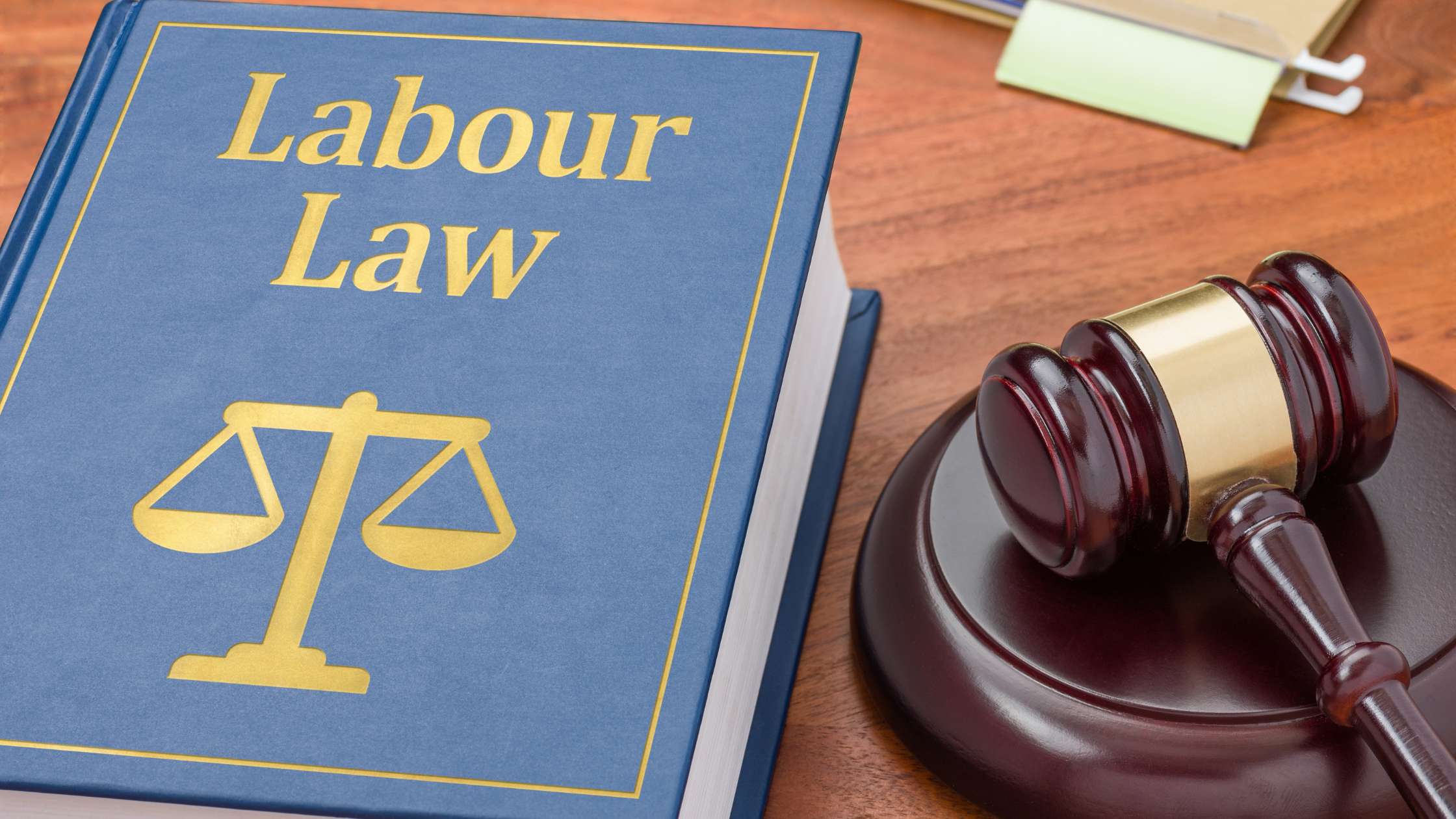March 8, 2023
1 Legal framework 1.1 Are there statutory sources of labour and employment law? The primary statutory source that governs labour and employment is the 2019 Labour Code. Other domestic sources include: the 2013 Law on Employment; the 2014 Law on Social Insurance; the 2015 Law on Occupational Safety and Health; the 2014 Law on Vocational Education; and the 2012 Law on Trade Unions. In addition, the governmental decrees and documents issued by the Ministry of Labour – Invalids and Social Affairs governing labour and employment are as follows: Decree 145/2020/ND-CP dated 14 December 2020 detailing and guiding the implementation of several articles of the Labour Code regarding working conditions and industrial relations; Decree 152/2020/ND-CP dated 30 December 2020 on foreign workers in Vietnam and recruitment and management of Vietnamese workers working for foreign organisations and individuals in Vietnam; Decree 38/2022/ND-CP dated 12 June 2022 prescribing region-based minimum salary levels applicable to employees working under labour contracts; Decree 135/2020/ND-CP dated 18 November 2020 prescribing retirement ages; Decree 12/2022/ND-CP dated 17 January 2022 providing penalties for administrative violations in the fields of labour, social insurance and overseas workforce supply under contract; Ministry of Labour – Invalids and Social Affairs Circular 10/2020/TT-BLDTBXH dated 12 November 2020 detailing and guiding the implementation of several articles of the Labour Code regarding the contents of a labour contract, collective bargaining councils and occupations and jobs that are harmful to reproduction and parenting functions; and Ministry of Labour – Invalids and Social Affairs Circular 09/2020/TT-BLDTBXH dated 12 November 2020 detailing and guiding the implementation of several articles of the Labour Code regarding minor workers. The 2019... February 27, 2023
Taiwan Makes Revisions to Patent Examination Guidelines The Taiwan Intellectual Property Office made some revisions regarding procedural examination and patent rights management that came into effect in December, 2022. In Chapter 1 of the guidelines, the use of electronic signatures will be accepted provided both parties can agree to the validity thereof. The signee only needs to provide a form of signature (whether it be a signature, stamp, or electronic signature) that matches the signature on the application documents. In Chapter 3 of the guidelines, in accordance with adjustments made to procedural examination, revisions have been made to 3.1 Inventor Change, 4.1 Applicant Name or Title Change, and 4.5 Inventor Name Change. Case studies have been included to help the public better understand the principles of examination. The revisions also specify that applicants who are able to rectify inconsistencies on documents submitted with their applications do not fall under this category. In accordance with a judicial ruling, TIPO also included a case study explanation regarding name changes for different applicants who belong to the same entity. In Chapter 5 of the guidelines, procedures regarding three relevant scenarios concerning postponing the filing date, namely change in applying entity, addition of listed applicants and decrease in listed applicants have been clarified according to the relevant regulations. Taiwan Releases New Trademark Distinctiveness Examination Guidelines The Taiwan Intellectual Property Office released new examination guidelines for trademarks which came into effect on September 1, 2022. Here are some of the most notable clauses: Concerning words, when a word or combination of words is using a descriptive style, if it is depicted in a special... February 16, 2023
Introduction Litigation proceedings in Thailand have long been known to be a time-consuming process, and it is typically difficult for the parties to predict what will happen next and when it will happen. In order to expedite the efficiency of judicial administration in Thailand and provide a clearer timeframe of court cases, the Act on the Timeframe of Judicial Proceedings (“Act“) was enacted on 25 October 2022 and has recently become effective on 23 January 2023. To implement the Act, judicial authorities under the Act1 including the Courts of Justice, the Administrative Courts, and the Constitutional Court recently issued their regulations outlining the timeframe of judicial proceedings. We summarize below the high-level information for the relevant timeframe as released by the competent courts. It is worth noting that the Act will apply to both matters that are being processed and ones that will be brought after the Act takes effect. Please refer to the direct announcements of each relevant court for more detailed information. Court of Justice The President of the Supreme Court issued a Judicial Regulation on the Timeframe for Consideration of Litigation Cases of the Court of Justice B.E. 2566 (2023) on 18 January 20232, outlining the timeframe of each step of the proceedings of the Court of Justice (“Judicial Regulation“), and it applies to all Thai courts of justice including all the specialized courts.3 According to the Judicial Regulation, prospective timeframes of proceedings shall depend on the classification of the types of cases prescribed for each level of the courts.4 1. First Instance Court There are three types of case classification (which are mainly based on the level... February 7, 2023
Taiwan IP Office Plans to Issue Electronic Certificates From the beginning of 2023, the Taiwan Intellectual Property Office (TIPO) will issue patent and trademark certificates in electronic form. In order to cut down on paper usage and delivery costs as well as offer the IP right holder convenience in document management, the initiative is part of the overall government plan to modernize office procedures and encourage sustainable practices. The applicant will have the option to choose either a paper or an electronic certificate upon paying issue fees. By opting for the electronic format, the applicant may still request a paper copy if later needed (but not vice versa). The process goes through the following several steps: After receiving a notice of issuance, the applicant is instructed to download the e-certificate within 6 months from a specific webpage or in 5 days via the E-SET platform (an electronic document delivery system). The e-certificate is issued as an encrypted PDF document with security measures, and there will be a code on each e-certificate. By uploading the e-certificate to TIPO or scanning the code, it will be possible to quickly verify the document’s authenticity or even see the latest legal status of the associated patent or trademark right. An e-certificate is also available upon re-issuance, recordation of patent assignment, inheritance, and trust. Taiwan Drafts Bill to Help High-Tech Companies Lawmakers in Taiwan introduced a draft bill to institute a new Article 10-2 of the Statute for Industrial Innovation. This new law aims to create tax incentives for high-tech companies investing in Taiwan. High-tech companies making Research and Development contributions to the semiconductor... January 27, 2023
Following the 2018 enactment of regulations governing contractual terms contained in vehicle hire-purchase agreements, the Office of the Consumer Protection Board (“OCPB”) has recently resolved to adjust such regulatory scheme as part of their initiatives to alleviate the ongoing economic downturn and financial hardships suffered by consumers as a result of the pandemic, and to prevent consumers being subject to any unfair contractual terms in this respect. The Notification of Contracts Committee Re: Prescribing Hire Purchase for Vehicle and Motorcycle Business as Contract-Controlled Business, B.E. 2565 (2022) (the “Notification“), which was enacted on 13 October 2022 and will become effective on 10 January 2023, repeals the previous regulations and amends four major aspects thereof as detailed below. 1. Hire-Purchase Interest Rate Previous Regulation Newly Enacted Notification Flat interest rate (i.e., calculated from the initial principal) Effective interest rate (calculated from the outstanding principal), with the prescribed ceiling according to the age and type of vehicle; New car: not exceeding 10% per annum; Used car: not exceeding 15% per annum; and Motorcycle: not exceeding 23% per annum. 2. Early Debt Repayment If the Debtor intends to pay off the entire outstanding balance, regardless of the scheduled installments; Previous Regulation Newly Enacted Notification The Creditor shall offer a discount to the Debtor of at least 50% of the remaining interest payable (which is not yet due). Creditor shall offer discounts to the Debtor at the following rates, depending on the proportion of the installments already paid; If less than 33% of the total outstanding balance has been paid, a discount of at least 60% on the interest which is not... January 13, 2023
One of the common complaints that commercial entities have about international arbitration in Thailand is the costs. Whilst in the past, international arbitration has been promoted as being cheaper than court litigation, in practice this has not always been the case, particularly in the case of complex commercial disputes or investor state arbitration. Third party funding can dramatically change this landscape. The definition of third party funding, simply put, is where a third party funds the costs of a litigation or arbitration on behalf of one of the parties in return for an agreed return. For parties who wish to pursue litigation or arbitration but cannot afford the costs – or the financial risk – of doing so, this could be an answer to their problems. It may also make a way for arbitrations to become more accessible and pursued in Thailand. In this article, Kudun and Partners and third party funder, Deminor Litigation Funding, examine the possibility of third party funding in Thailand by exploring the current landscape and providing a comparative analysis with the situation in Hong Kong and Singapore. The article concludes with some food for thought as to whether third party funding could be a possible way forward for Thailand. Current landscape in Thailand Third party funding is not allowed in a number of jurisdictions as a result of the common law doctrines of maintenance and champerty. Maintenance occurs when one “officiously intermeddles” in a legal action by maintaining or assisting a party with money (or otherwise) to prosecute or defend the action, when one has neither an interest in the action nor any other... Upcoming Events
Recent Past Events












